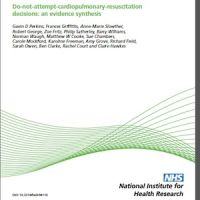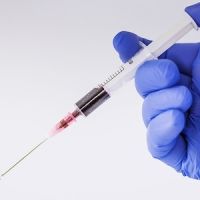The National Institute of Health and Care Excellence in England has issued guidelines on sepsis with one key message - health professionals in any setting should treat signs of sepsis as urgently as suspected heart attacks.
The guidelines cover recognition and early assessment, diagnostic and prognostic value of blood markers for sepsis, initial treatment, escalating care, identifying the source of infection, early monitoring, information and support for patients and carers, and training and education.
Professor Saul Faust, University of Southampton, who chaired the group that developed the guideline, stressed that the only way clinicians could ensure that a diagnosis wasn’t missed was to start asking “could this be sepsis?” earlier on so they rule it out or get people on treatment as soon as possible.
The guideline committee has recommended research on presentation and management of sepsis in England, evaluation of implementation of the NICE guideline, research into clinical and cost effectiveness of procalcitonin (PCT) point-of-care tests at initial triage for diagnosis of serious infection and the initiation of appropriate antibiotic therapy, validation of clinical early warning scores in pre-hospital and emergency care settings, derivation of clinical decision rules in suspected sepsis.
See Also: Sepsis-3 - Towards Earlier Recognition and Management
Resources accompanying the guideline include a baseline assessment tool to evaluate if current practice is in line with the recommendations, resource impact templates and management algorithms and risk stratification tables. NICE has also published a sepsis pathway. Information for the public is also available
The UK Sepsis Trust will be working with NICE to develop bedside clinical tools and other resources to translate the guidelines into practice, and has produced two videos - for the general public and for health professionals.
UK Sepsis Trust: It's Sepsis - not Flu! Information for the Public
It's Sepsis - not Flu! For Health professionals
Image credit: National Institute for Health and Care Excellence
References:
National Institute for Health and Care Excellence (2016) Sepsis: the recognition, diagnosis and management of severe sepsis. NICE
guidelines; 51.
Latest Articles
sepsis, guidelines, clinical practice guidelines, England, diagnosis, treatment
The UK’s National Institute of Health and Care Excellence has issued guidelines on sepsis with one key message - health professionals in any setting should treat signs of sepsis as urgently as suspected heart attacks.



























